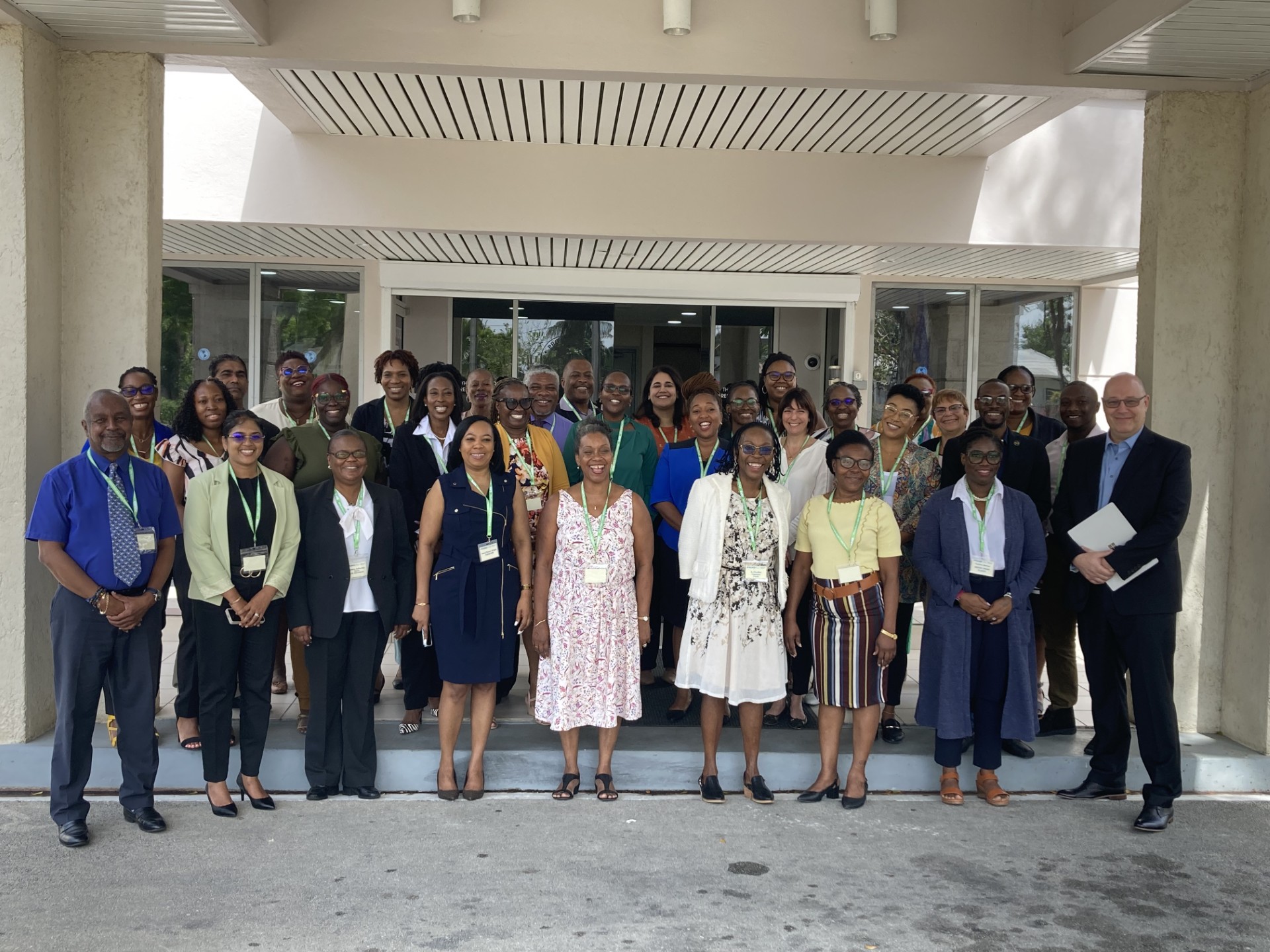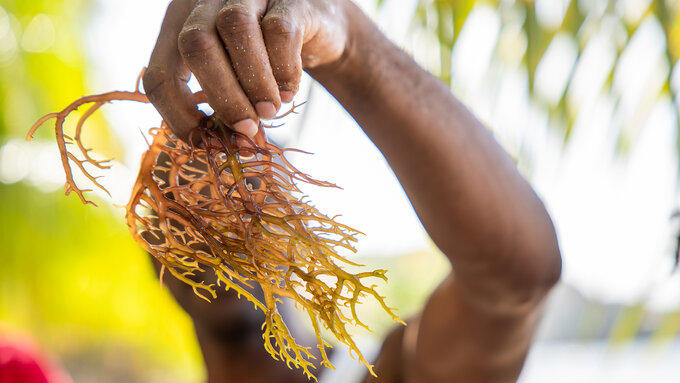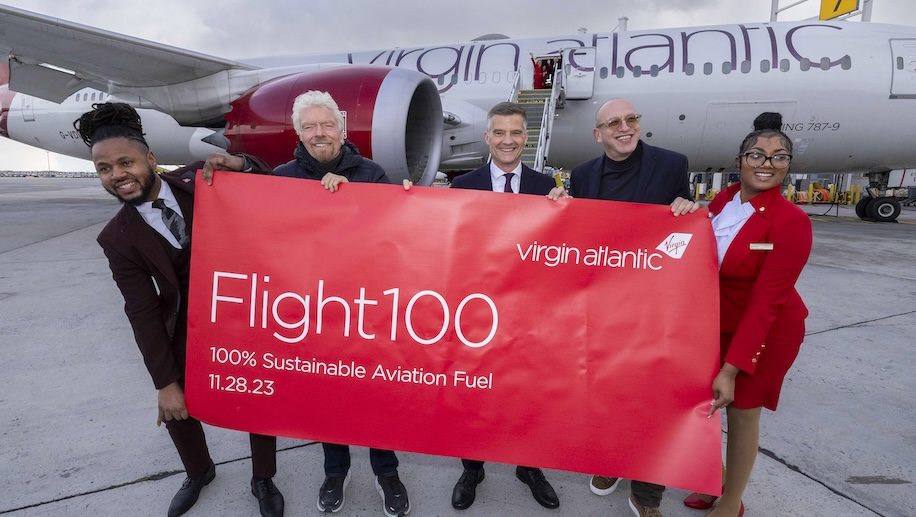U.S. Secretary of State Mike Pompeo says Nicolas Maduro was prepared to leave Venezuela Tuesday morning in the face of a call for an uprising by opposition leader Juan Guaido, but reversed his plan after Russia intervened.
Pompeo made the statement in an interview on CNN.
“They had an airplane on the tarmac. He was ready to leave this morning, as we understand it. Russians indicated he should stay.”
Pompeo said Maduro was planning to go to Havana, but would not say whether he would have been allowed to depart safely.
There has been no comment from Russia about Pompeo’s statement.
It followed Venezuelan opposition leader Juan Guaido’s revived movement to seize power. He took to the streets Tuesday to call for a military uprising that drew quick support from the Trump administration but fierce resistance from forces loyal to the embattled Maduro.
Violent street battles erupted in parts of Caracas in what was the most serious challenge yet to Maduro’s rule — kicked off with a surprise video shot at dawn of Guaido, flanked by several national guardsmen, urging a final push to topple Maduro.
“The national armed forces have taken the correct decision, and they count on the support of the Venezuelan people,” Guaido said in the video, which was posted on his Twitter account.
In a surprise, Leopoldo Lopez, his political mentor and the nation’s most-prominent opposition activist, stood alongside him. Detained in 2014 for leading a previous round of anti-government unrest, Lopez said he had been released from house arrest by security forces adhering to an order from Guaido.
“I want to tell the Venezuelan people: This is the moment to take to the streets and accompany these patriotic soldiers,” Lopez declared. “Everyone should come to the streets, in peace.”
The surprise rebellion, dubbed “Operation Freedom,” seemed to have garnered only limited military support, however.
“It’s now or never,” said one young soldier, his face covered in the blue bandanna preferred by the few dozen soldiers who stood alongside Guaido and Lopez.
As the two allies co-ordinated actions from vehicles parked on a highway overpass, troops loyal to Maduro sporadically fired tear gas from inside the adjacent Carlota air base.
Venezuela’s Foreign Minister Jorge Arreaza alleged that the U.S. likely paid a guard to allow Lopez escape house arrest.
“Since 2002, we’ve seen the same pattern,” Arreaza told The Associated Press, adding that most of Caracas was calm. “They call for violence, a coup, and send people into the streets so that there are confrontations and deaths. And then from the blood they try to construct a narrative.”
A crowd that quickly swelled to a few thousand scurried for cover, reappearing later with Guaido at a nearby plaza away from the disturbances.
A smaller group of masked youths stayed behind on the highway, lobbing rocks and Molotov cocktails toward the air base, and setting a government bus on fire.
Amid the mayhem, an armoured utility vehicle drove at full speed into the crowd. Two demonstrators, their heads and legs bloodied, were rushed away on a motorcycle.
Maduro took to Twitter to say that the top commanders of the various divisions of the military had assured him of their loyalty.
“Nerves of steel!” he posted.
Chile’s foreign minister tweeted later in the day that Lopez and his family had been admitted to a Chilean diplomatic residence in Caracas.
The head of a medical centre near where the street battles took place said doctors were treating 50 people, about half of them with gunshot wounds.
Flanked by top military commanders, Defence Minister Vladimir Padrino Lopez condemned Guaido’s move as a “terrorist” act and “coup attempt” that was bound to fail like past uprisings.
“Those who try to take Miraflores with violence will be met with violence,” he said on national television, referring to the presidential palace where hundreds of government supporters, some of them brandishing firearms, had gathered in response to a call to defend Maduro.
Earlier, Venezuelan Information Minister Jorge Rodriguez tweeted the government was confronting a small group of “military traitors” seeking to promote a coup.
‘Movement headed by Venezuelans’
It appeared the government was attempting to block access to major social media and video streaming channels such as Twitter, Periscope and YouTube, with citizens reporting difficulty accessing them, according to a CBC reporter.
Guaido’s ambassador in the U.S., Carlos Vecchio, denied the claim that the U.S. played in role in Tuesday’s development.
Vecchio said in a news conference in Washington that the protest “is a movement headed by Venezuelans.”
U.S. national security adviser John Bolton said later that what’s happening “is clearly not a coup,” because the U.S. and many other countries recognize opposition leader Juan Guaido as Venezuela’s legitimate president. He added that U.S. President Donald Trump was monitoring developments “minute by minute” and wants a peaceful transfer of power.
Trump tweeted his support.
Guaido, of Venezuela’s opposition-controlled National Assembly, invoked the constitution to assume an interim presidency in January, arguing Maduro’s re-election in 2018 was illegitimate.
He has been travelling outside the capital, Caracas, more and more in recent weeks to try to put pressure on Maduro to step down.




